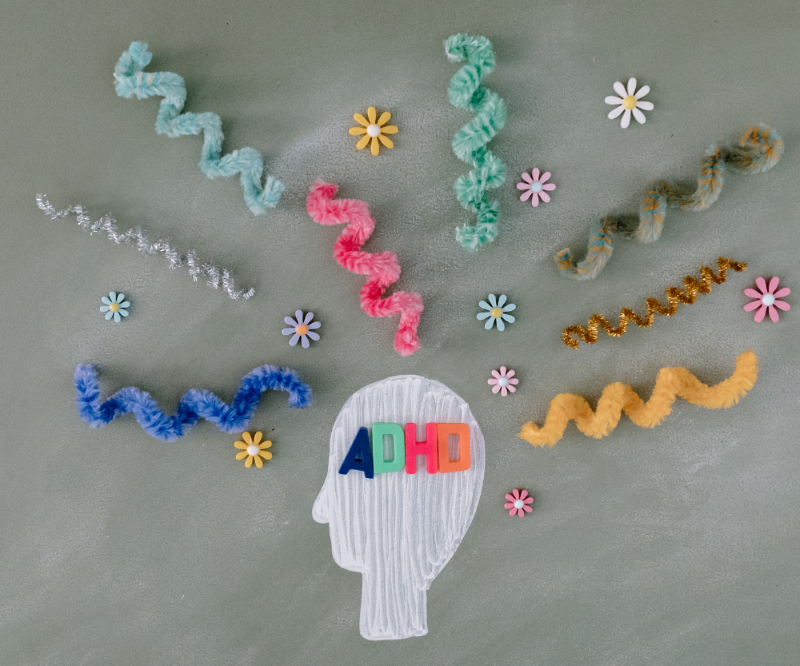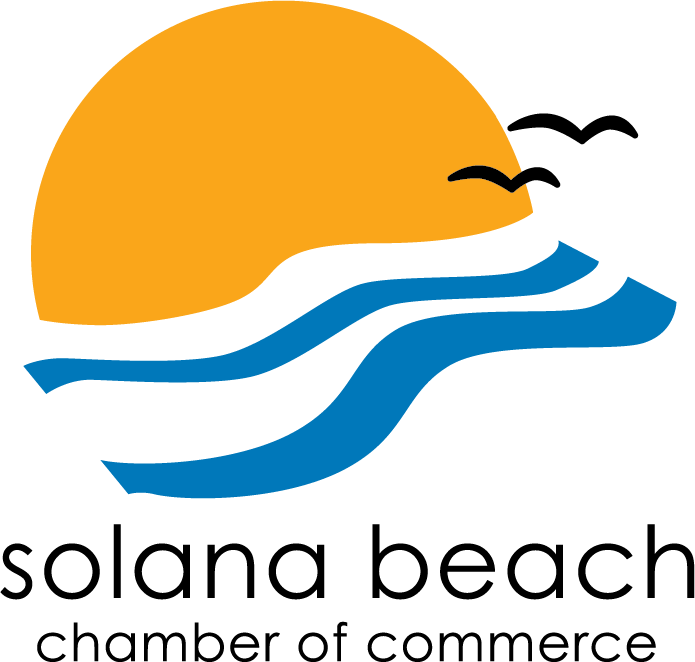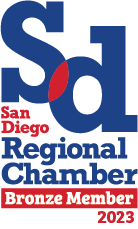 Attention-deficit/hyperactivity disorder (ADHD) often persists into adulthood, affecting attention, impulsivity, and daily functioning. Effective management requires a holistic approach combining lifestyle adjustments, behavioral strategies, and supportive therapies. In this blog post, we explore integrative approaches tailored to enhance adult ADHD management and overall well-being.
Attention-deficit/hyperactivity disorder (ADHD) often persists into adulthood, affecting attention, impulsivity, and daily functioning. Effective management requires a holistic approach combining lifestyle adjustments, behavioral strategies, and supportive therapies. In this blog post, we explore integrative approaches tailored to enhance adult ADHD management and overall well-being.Understanding ADHD in Adults:
ADHD symptoms in adults, including difficulty concentrating, impulsivity, and restlessness, significantly impact work, relationships, and self-esteem.
Common Symptoms:
- Difficulty concentrating and staying organized
- Impulsivity and lack of impulse control
- Restlessness and fidgeting
- Forgetfulness and difficulty completing tasks
- Challenges with time management
Integrative Management Strategies:
Lifestyle Modifications:
- Structured Daily Routine: Establishing a consistent schedule aids organization and time management.
- Physical Exercise: Regular physical activity, especially coordination-focused exercises, improves focus and reduces restlessness.
- Healthy Sleep Habits: Adequate sleep supports cognitive function and emotional regulation.
- Nutrition: A balanced diet rich in nutrients like fruits, vegetables, whole grains, and lean proteins supports brain health and mood stability.
Behavioral Strategies:
- Cognitive-Behavioral Therapy (CBT): Helps adults develop coping mechanisms, improve executive function, and manage impulsive behavior.
- Mindfulness Practices: Techniques such as meditation and yoga enhance self-awareness, relaxation, and attentional control.
- Use of Tools: Planners, calendars, reminders, and organizational apps assist in managing tasks effectively.
Supportive Therapies:
- Psychotherapy: Provides a supportive environment for exploring challenges, setting goals, and developing strategies to manage symptoms.
- Coaching and Mentoring: Tailored programs offer practical guidance and accountability in achieving personal and professional goals.
- Support Networks: Peer groups provide opportunities for sharing experiences, exchanging tips, and offering mutual encouragement.
Conclusion:
Managing ADHD in adults requires a comprehensive, integrative approach that addresses individual needs and enhances overall quality of life. By empowering individuals with ADHD to develop self-awareness, effective coping skills, and access to supportive resources, we promote resilience and success in managing life’s challenges.
At Luma Health and Wellness in San Diego, we specialize in personalized ADHD management plans. Contact us to learn more about our holistic approach to adult ADHD care and how we can support your journey to better mental health.




